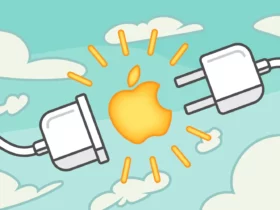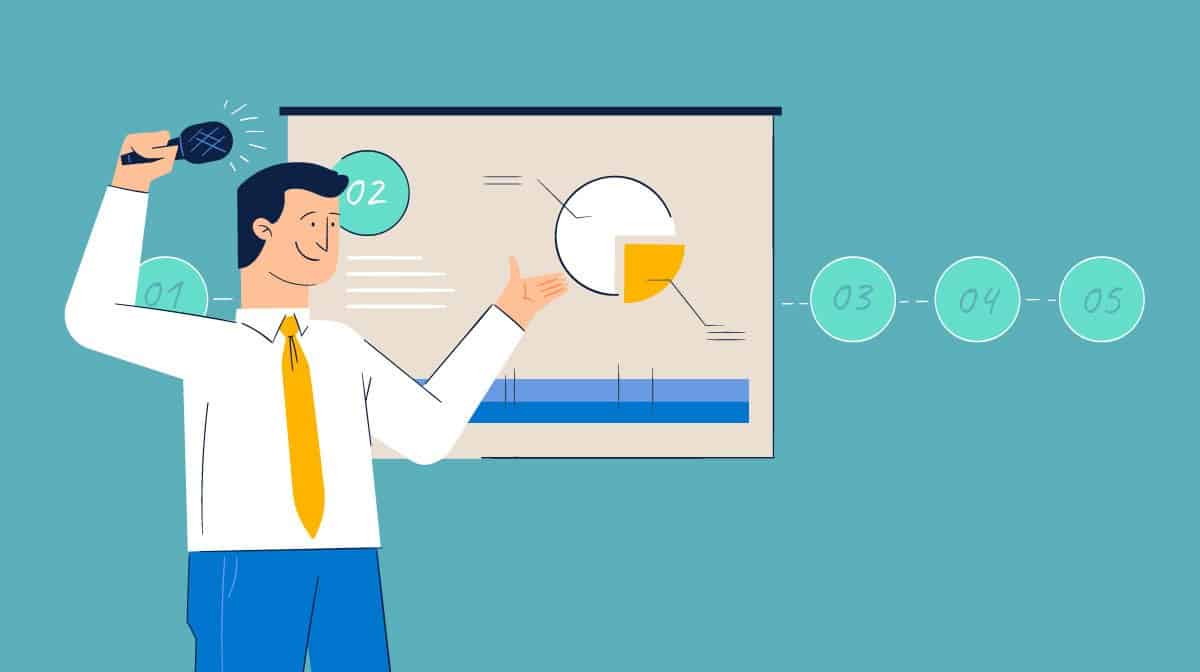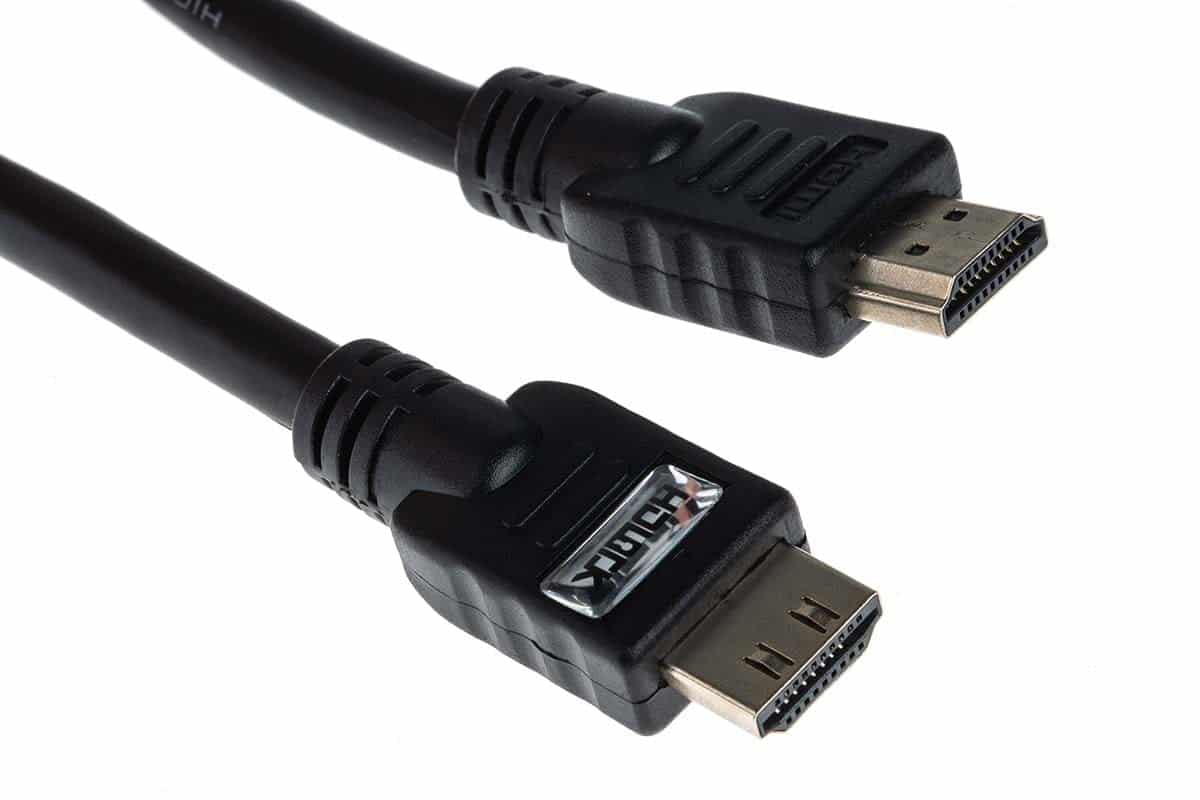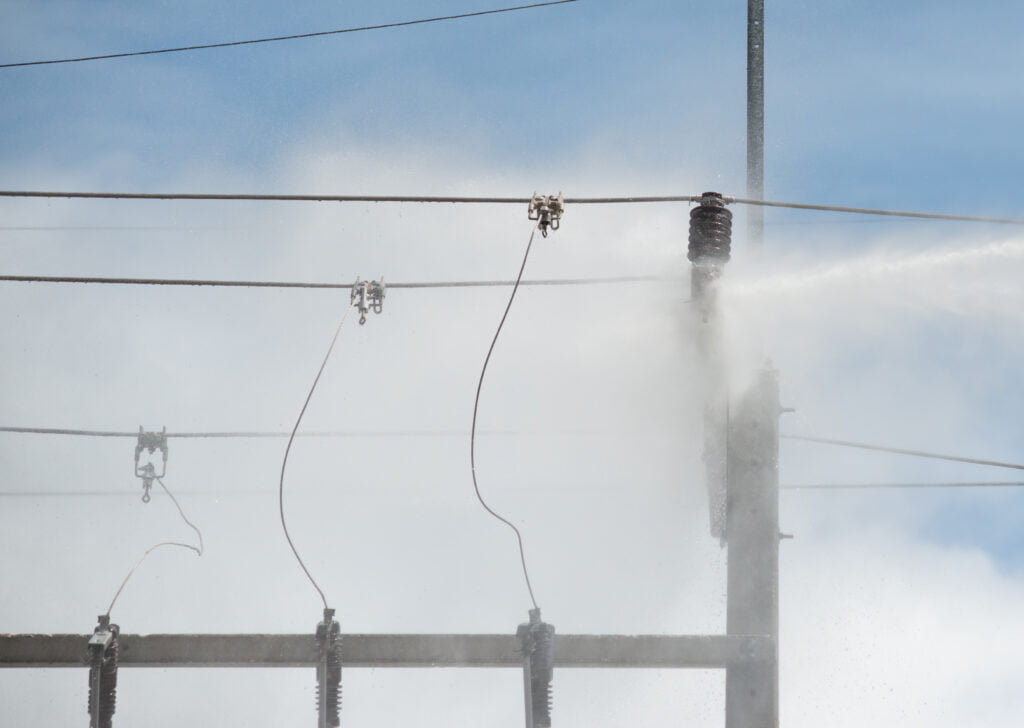Cleaning of high voltage insulating silicone grease is a specialist procedure that contributes to the reliability and performance of electrical equipment. We will examine the significance of high-voltage insulator cleaning, its advantages, and the methods used to preserve these crucial parts in this blog post.
1. Upholding electrical effectiveness
High voltage insulators serve as barriers to stop electrical current from passing through supporting structures and leaking or arcing. On the surface of the insulator, impurities like dust, dirt, or pollutants reduce the electrical resistance, which causes electrical leakage. This thus lowers the effectiveness of power distribution and transmission. High-voltage insulators should be cleaned regularly to assist get rid of these impurities, ensuring maximum electrical performance and reducing power losses.
2. Secondly, avoiding flashovers
The possibility for flashovers is one of the most important concerns connected with polluted high-voltage insulators. As an electrical discharge arcs across the insulator’s surface, forming a conductive path, flashovers happen. Power outages, equipment damage, and even safety risks for workers nearby the affected area can all arise from this. The risk of flashovers can be considerably decreased by adopting a thorough high-voltage insulator cleaning program, maintaining the continued flow of electrical power.
3. Extending the Lifetime of Insulators
RTV Silicone High Voltage Insulator Coating’s lifespan can be greatly increased with proper upkeep and cleaning. Surfaces of insulators can corrode from contaminants such salt, dust, and industrial pollutants, which accelerates aging and degradation. Frequent cleaning gets rid of these corrosive substances, preventing long-term harm and extending the useful life of the insulator. By lowering the need for frequent replacement and cutting down on downtime for maintenance and repairs, this results into cost savings.
4. Security and Dependability
With every electrical system, it is crucial to ensure both the public’s and electrical employees’ safety. High voltage insulators that have been contaminated run the risk of electrical discharge, endangering neighboring infrastructure and people. Maintaining the insulator’s dielectric strength by routine cleaning lowers the danger of electrical mishaps and prevents electrical malfunctions. High-voltage insulator cleaning adds to the overall stability and effectiveness of the power grid by maintaining the dependability and safety of electrical systems.
5. Dedicated Cleaning Methods:
Specialized cleaning methods are needed to enable the efficient and secure removal of impurities from high voltage insulation coatings. Several frequently used techniques include:
a. Dry cleaning: In this method, the insulator surface is cleaned by applying high-pressure air or brushes to remove loose dust and debris. It is frequently employed in low-contamination regions or as a first step before using other cleaning techniques.
b. Water Cleaning: To loosen and remove pollutants, water-based cleaning techniques mix water and detergents. To ensure complete cleaning while lowering the chance of insulator surface damage, high-pressure water jets or foam applicators are used.
c. Abrasive Cleaning: When there are impurities that are obstinate or adherent, abrasive cleaning methods may be used. These techniques carefully remove the impurities without harming the insulator surface by using non-conductive abrasives and appropriate machinery.
6. Environmental Points to Consider
Furthermore beneficial to the environment is cleaning high-voltage insulators. When contaminants on insulator surfaces are released into the environment, such as dust or industrial pollutants, they can cause air and water pollution. The risk of environmental contamination is reduced by routinely cleaning and removing these toxins, producing a cleaner and healthier ecology.
7. Adherence to Regulations
The upkeep and cleanliness of high voltage insulators are subject to regulatory requirements and standards in various areas, which affect electrical power providers. To maintain adherence to these rules and the safety and dependability of the electrical system, regular cleaning is frequently required. Power providers show their dedication to upholding legal requirements and maintaining a reliable electrical infrastructure by following these recommendations and routinely cleaning high voltage insulators.
Conclusion
In the electrical power business, cleaning high-voltage insulators is an essential maintenance procedure. It contributes significantly to preserving the dependability, safety, and lifespan of the system by removing pollutants, assuring electrical efficiency, and reducing flashovers. Regular cleaning procedures using specialized techniques assist high-voltage insulators work as well as possible while lowering the possibility of electrical failures. Power system operators may assure smooth electricity transmission and distribution by giving high-voltage insulator cleaning first priority, helping to build a more effective, dependable, and secure electrical infrastructure.







